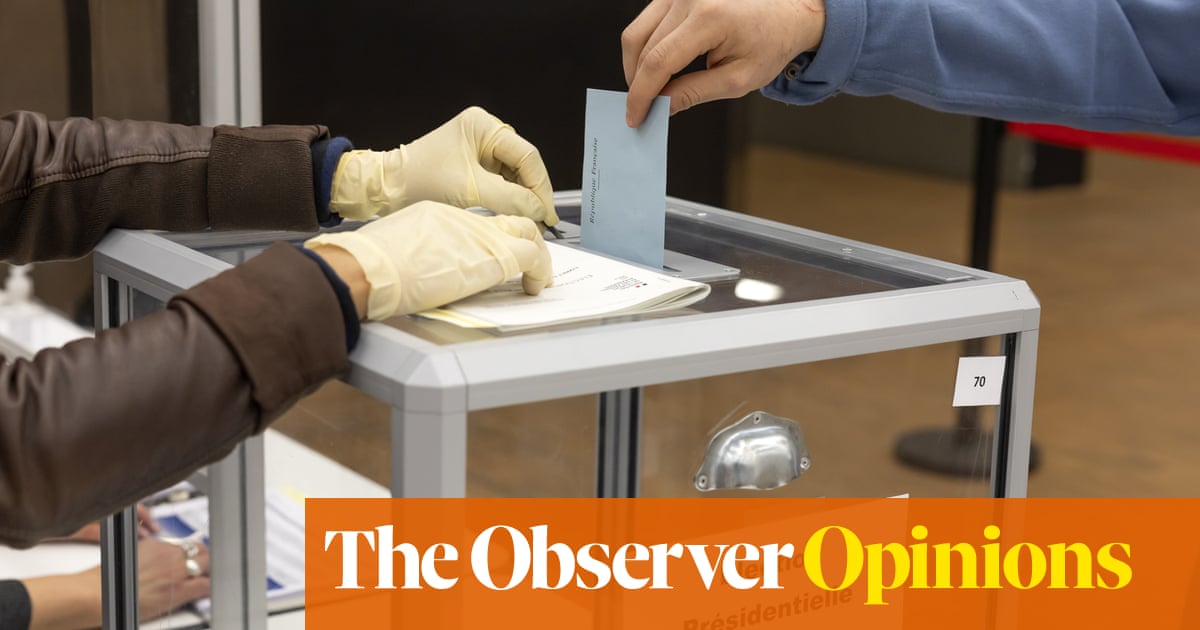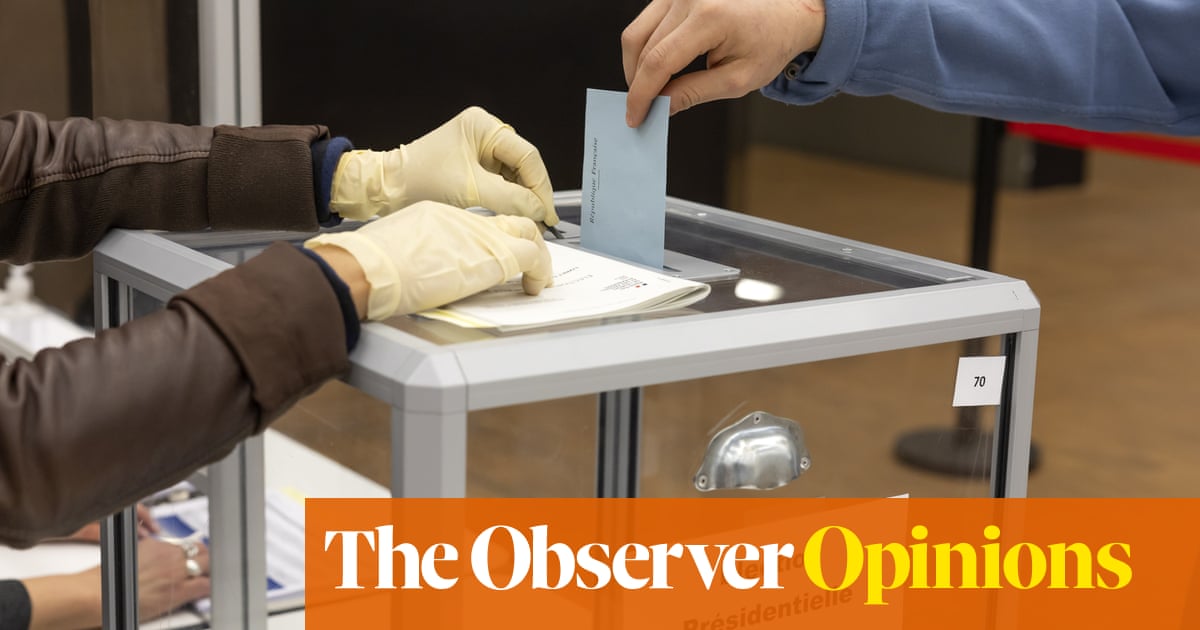- 9 Posts
- 15 Comments

 27·2 years ago
27·2 years agoVoluntarily chopping off your arm. (To replace it with something else)

 3·2 years ago
3·2 years agoI think alot of the reason why it doesn’t “just happen” is not because it can’t but because of A) A lack of people that know it is an alternative and B) The cultural norms that make us think that the world is “all or nothing”
For the first part the only way that can change is through people telling other people about mutual aid and the second part is something that can change. A good example of how that can be done through game theory is shown through this site: The Evolution of Trust

 2·2 years ago
2·2 years agoSo you are saying that the main barriers are housing and electricity. Ok that makes sense but I suspect that there might be plenty of places where you could first get people in that network to collectively save up to buy plots of land to then eventually build up housing. I just think that their is alot of wasted potential to actually directly support these people more.

 1·2 years ago
1·2 years agoThis is my answer in another comment.
I only heard about them recently too so I might give an incomplete answer but the general gist is that mutual aid is when a group of people band together and share whatever resources and services that they have to offer to other people in that group.
So if someone made an excess of vegetables in their garden they would give that to others in the group with expecting anything immediately in return in the hopes that when their fence breaks down and they request help someone with knowledge on how to fix it would be willing to come help.
As for finding mutual aid groups I’ve seen mutualaid.wiki and mutual aid hub but I’m not sure of what else there is.

 3·2 years ago
3·2 years agoI only heard about them recently too so I might give an incomplete answer but the general gist is that mutual aid is when a group of people band together and share whatever resources and services that they have to offer to other people in that group.
So if someone made an excess of vegetables in their garden they would give that to others in the group without expecting anything immediately in return in the hopes that when their fence breaks down and they request help someone with knowledge on how to fix it would be willing to come help.
As for finding mutual aid groups I’ve seen mutualaid.wiki and mutual aid hub but I’m not sure of what else there is.
Edit: with to without

 3·2 years ago
3·2 years agoThis seems like it can be fixed by making it so that before you get aid you have to join the mutual aid network first and secondly making it public knowledge what requests each individual member has contributed.

 1·2 years ago
1·2 years agoLet me think about it and I’ll get back to you.

 1·2 years ago
1·2 years agoI am all for it. Actually I have started working on a mobile app just for that purpose specifically. I have written a little bit about in one of my first posts if you wanna look at it.

 2·2 years ago
2·2 years agoThere is another one that is called !protest@lemmy.world

 3·2 years ago
3·2 years agoWhat is a fingerprint randomizer?
Edit: By the way I haven’t downvoted you.

 24·2 years ago
24·2 years agoWell that sucks if that is the case. People shouldn’t be focusing their anger at protesters it should be at the companies and CEOs.

 2·2 years ago
2·2 years agoI didn’t change my IP address. I don’t know how to do that for free (because I don’t have money to pay for a vpn and I don’t trust what free vpns do with my data).

 6·2 years ago
6·2 years agoThis is the text of the article
We aim to bring you surprising and important findings from the world of research. I fear this week’s offering may not manage the “surprising” part but it is important.
In a great new study, Swedish researchers investigated how policy outcomes reflect public attitudes towards those policies. They looked across 30 European countries over 38 years on issues ranging from welfare to immigration, foreign policy to the environment.
The good news from the democracy side of things is that more popular policies are more likely to happen. Phew.
But the authors go on to ask: who specifically is more likely to get what they want? The rich. That’s less good.
The size of the difference isn’t enormous – the average share of households who support policy that happens was 57.1% for rich households and 53.7% among low-income ones (the middle class… is in the middle). But what is staggering is how consistent it is across countries and decades.
We’ve known for a very long time that American politics is sensitive to the preferences of the rich. That’s generally been seen as obvious – a system where having or raising huge amounts of cash is a prerequisite for being competitive electorally is a politics with a price tag, and in a highly unequal country it’s the rich that can pay to play.
But this research is telling us that high-income citizens are more likely to agree with policy changes than low-income citizens in all but two European countries, and that income inequality levels or tightness of financial rules around political campaigning don’t seem to be driving the effect.
In democracy you can’t always get what you want, but being rich gets your chances up. Who knew?

 7·2 years ago
7·2 years agoI don’t understand?
Edit: Is this posted on the wrong thread?




Would voting for the other party be voting in their interest or the least bad option?